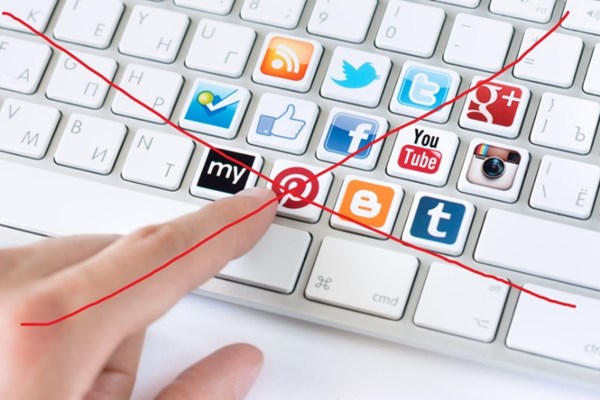Kremlin-linked bots spread fake celebrity quotes to undermine support for Ukraine
A widespread online campaign has begun disseminating fake quotes from celebrities calling for an end to support for Ukraine, according to the news outlet Agentsvo. Journalists believe that this phenomenon is driven by bots connected to the Kremlin and operating for a Western audience through the Dvoynik (the double) network.
The statements, in English, French, German, and Polish, which question the need to continue supporting Kyiv in its war against Russia, have been falsely attributed to singer and composer Elton John, actresses Jennifer Aniston and Scarlett Johansson, director Luc Besson, actors Alain Delon, Ashton Kutcher and other stars. Examples of these fabricated quotes include: "All countries started to think about themselves, and the EU is collapsing," "Europe is becoming poorer. Politicians are becoming crazier. The European Parliament is full of corrupt officials," "We have become impoverished. It’s time to forget about Ukraine," among others.
"From the evening of Friday (14 June.), bots uploaded 50 images with fake quotes to X (formerly Twitter), after which other "Dvoynik" accounts retweeted them more than 120,000 times," an unnamed representative of the "Bot Blocker" project told Agentsvo.
According to project statistics, similar fake posts have already garnered over 500,000 views. "This is the standard intensity of a fake quote campaign. In the past six months, "Bot Blocker" has identified six such campaigns," notes Agentsvo.
In mid-May, EU officials at a Brussels briefing, citing research results from the European Union's foreign policy service in the field of disinformation and foreign interference, named Russia as the largest disseminator of disinformation in the European Union.
As one official explained in an interview with DW at the time, since 2015, the EU's foreign policy service has recorded 17,000 cases of disinformation linked to pro-Kremlin actors. Of these incidents, more than 1,500 occurred in 2024. Most of this content - over half - was directed against Ukraine and concerned its leaders, the situation in the country, and both domestic and foreign policies.
The second-largest thematic category was the glorification of Russia, its leaders, the situation in the country and its policies, while the third was anti-Western content, campaigns to discredit the EU, its politicians, and disinformation about life in EU countries (e.g., "Europe is freezing without Russian gas").
